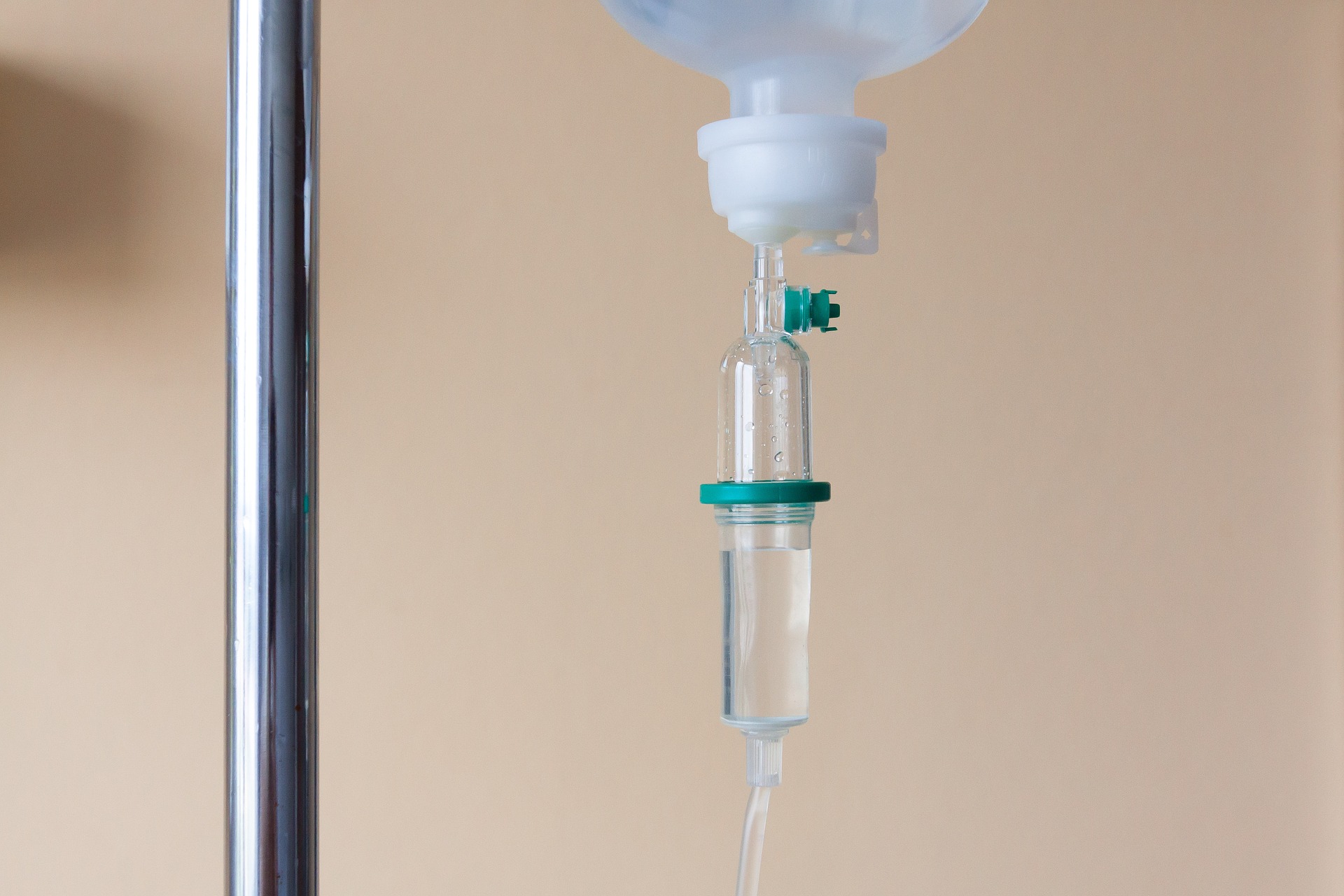World Antimicrobial Awareness Week - November 18-24, 2020
Abstract
Antibiotic resistance is one of the main public health problems worldwide, to such an extent that some leading articles published in prestigious medical journals wonder whether we are entering what could be called the "post-antibiotic era" (1). Although this name may seem somewhat apocalyptic, some data suggest that, without vigorous action by all those involved, it could become a reality in the short term: it is estimated that if this trend is not reversed, by 2050 there will be 10.5 million deaths worldwide as a result of antibiotic resistance, far more than the number of deaths from cancer (8 million) or traffic accidents (1.2 million).
There are many causes that explain this situation. On the one hand, it is inevitable to consider that over time drugs lose their ability to kill pathogenic bacteria, since bacteria, for reasons of natural selection and genetic adaptation, tend to become more resistant to antibiotics (2). However, this process is accelerating exponentially because antibiotics are overused and often misused: it is estimated that up to 50% of the time they are not prescribed properly (3). Recently, the World Health Organization (WHO) expressed concern about the inappropriate use of antibiotics in the course of the COVID-19 pandemic, considering that only a small fraction of patients with this disease require antibiotics to treat subsequent bacterial infections (4).
At the United Nations General Assembly in September 2016, heads of state committed to address the root causes of antibiotic resistance in a comprehensive and coordinated manner, not only in human health but also in animal health and agriculture (5). Countries, including Argentina, reaffirmed their commitment to develop national action plans on resistance based on the global action plan.
WHO has proposed an action plan that includes five central points: improving awareness and knowledge of antimicrobial resistance; strengthening surveillance and research; reducing the incidence of infections; optimizing the use of antimicrobial drugs; and ensuring sustainable investments in the fight against antimicrobial resistance (5).
Following a meeting held in May 2020 and organized by the Tripartite Alliance organizations - the Food and Agriculture Organization of the United Nations (FAO), the World Organization for Animal Health (OIE) and WHO, the scope of the campaign against drug resistance was expanded from antibiotics to antimicrobials in general, so that it is now broader and more inclusive. This more comprehensive response will facilitate the implementation of the multisectoral "One Health" approach and enhance stakeholder participation (6). The Executive Committee of the Tripartite Alliance has decided that, starting in 2020, the World Antimicrobial Awareness Week will be held every year from November 18 to 24 with the theme "Antimicrobials: handle with care" and will apply to all sectors. The theme chosen this year for the human health sector is "United to Preserve Antimicrobials" (6). As part of this plan, WHO intends to engage all those involved in this fight: authorities, physicians and other health professionals, scientific societies, the pharmaceutical industry and each and every one of us.
Health authorities should assume their responsibility and be leaders in the development of action plans to address the problem of antibiotic resistance by convening all sectors involved, working to improve surveillance of infections caused by resistant microorganisms and reinforcing infection prevention and control programs.
We physicians and other health professionals should be careful not to prescribe antibiotics unless they are really necessary and prescribe them after all possible steps have been taken to ascertain and confirm which antibiotic each patient should receive.
The agricultural sector also has an important share of responsibility in this issue, considering that more than half of the world's antibiotic consumption happens in the field of veterinary medicine. Therefore, this sector must ensure that antibiotics administered to animals are used only for the control or treatment of infectious diseases and under veterinary supervision.
The pharmaceutical industry must accelerate and intensify its efforts to research and develop new antibiotics, and it also has a responsibility to communicate the advantages of its products ethically and objectively.
Finally, the general population is a key player in the fight against antibiotic resistance. It is important to take antibiotics only when prescribed by a professional, avoiding self-medication, and strictly following the instructions received in terms of dosage and duration of treatment. Infections can also be prevented by washing hands, preparing food hygienically, ensuring safe sexual relations and keeping vaccinations up to date.
In short, the fight against infectious diseases counts on antibiotics as a fundamental ally. It is up to all of us to keep it that way.
Dr. Lautaro De Vedia
Infectious Diseases Physician
Hospital of Infectious Diseases Francisco J. Muñiz
Argentine Society of Infectious Diseases
Editorial Secretary of AIDS and Infectious Disease
Downloads






